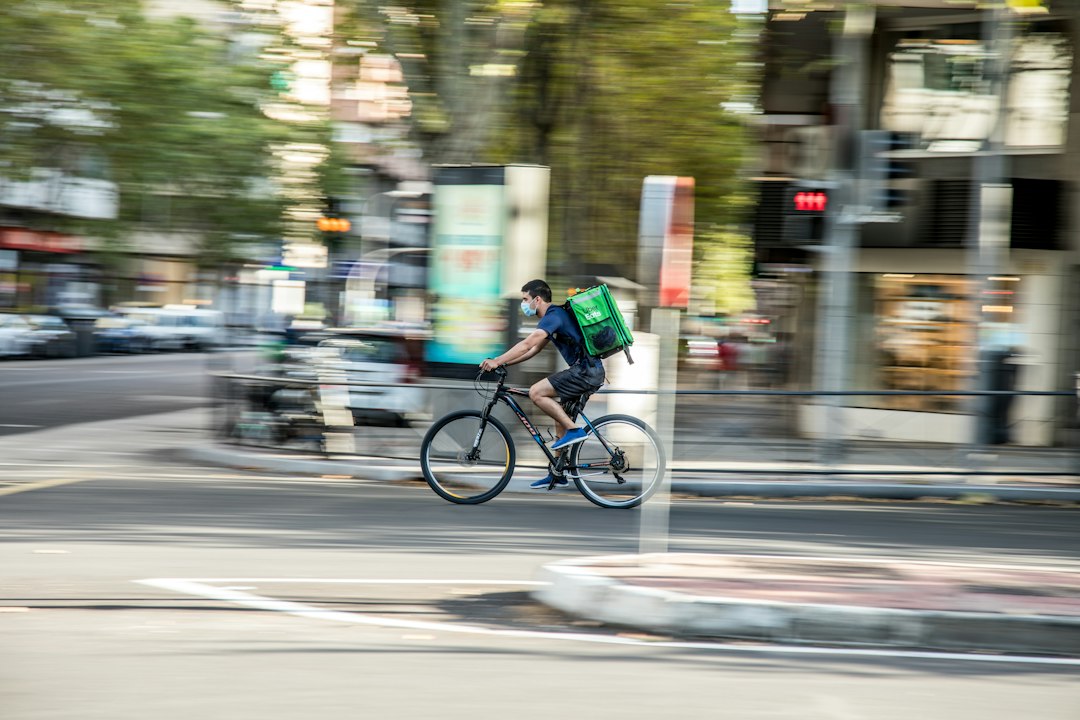Separation anxiety in pets, especially puppies, can be a challenging issue for both pet owners and their furry friends. The constant worrying and stress that pets experience in the absence of their owners can lead to destructive behavior, excessive barking, and even health issues. However, there are several effective ways to help your Puppy cope with separation anxiety and make their time alone more bearable.
One of the best ways to help your puppy cope with separation anxiety is to gradually accustom them to being alone. Start by leaving your puppy alone for short periods of time and gradually increase the duration as they become more comfortable. This will help your puppy build confidence and develop a sense of independence.
Creating a safe and comfortable environment for your puppy is also essential in helping them cope with separation anxiety. Make sure your puppy has access to their favorite toys, a comfortable bed, and plenty of fresh water. Additionally, leaving a piece of clothing with your scent can provide comfort to your puppy while you are away.
Another effective way to help your puppy cope with separation anxiety is to establish a consistent routine. Having a set schedule for feeding, walks, and playtime can help your puppy feel more secure and reduce their anxiety. Consistency and predictability can provide a sense of stability for your puppy and help them feel more comfortable when you are not around.
Engaging your puppy in mental and physical stimulation can also help alleviate separation anxiety. Providing interactive toys, puzzle feeders, and regular exercise can help keep your puppy’s mind and body active while you are away. This can help distract your puppy and prevent them from fixating on your absence.
Training your puppy to be comfortable with alone time can also help them cope with separation anxiety. Teaching your puppy basic obedience commands and providing positive reinforcement when they exhibit calm behavior can help build their confidence and independence. Additionally, crate training can provide a safe and secure space for your puppy while you are away.
Seeking professional help from a veterinarian or animal behaviorist may be necessary if your puppy’s separation anxiety is severe. They can provide guidance on how to address your puppy’s anxiety and develop a personalized plan to help them cope.
In conclusion, separation anxiety in puppies can be a challenging issue, but with patience and consistency, you can help your furry friend cope with their anxiety. By gradually accustoming them to alone time, creating a safe environment, establishing a routine, providing mental and physical stimulation, and training them to be comfortable with alone time, you can help your puppy feel more secure and confident when you are away. Remember that every puppy is unique, so it may take time to find the best ways to help your puppy cope with separation anxiety.
************
Want to get more details?
Petland Raleigh
https://www.petlandraleigh.com/
https://www.petlandraleigh.com/

